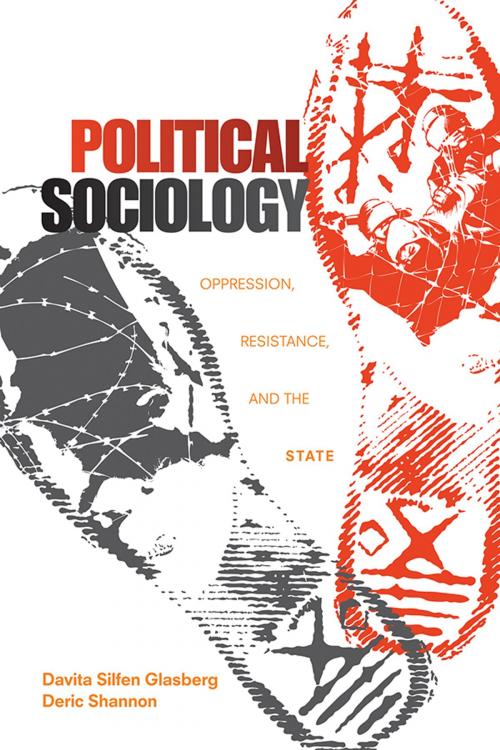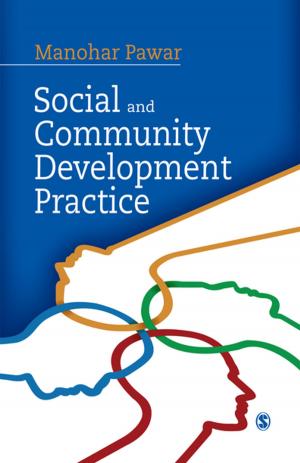Political Sociology
Oppression, Resistance, and the State
Nonfiction, Social & Cultural Studies, Political Science, Politics, History & Theory, Social Science, Sociology| Author: | Deric Shannon, Dr. Davita Silfen Glasberg | ISBN: | 9781452238081 |
| Publisher: | SAGE Publications | Publication: | November 16, 2010 |
| Imprint: | SAGE Publications, Inc | Language: | English |
| Author: | Deric Shannon, Dr. Davita Silfen Glasberg |
| ISBN: | 9781452238081 |
| Publisher: | SAGE Publications |
| Publication: | November 16, 2010 |
| Imprint: | SAGE Publications, Inc |
| Language: | English |
Designed to help students analyze and understand political developments in the world around them, this unique text covers a wide array of political sociology concepts and theoretical perspectives. The book's multidimensional view emphasizes the interplay between power, inequality, multiple oppressions, and the state. Blending elements of today's prevalent power structure theories, this framework provides students with a unique focus on the structure of power and inequality in society today.
This unique book traces common perspectives within political sociology. However, it adds to the existing field using an intersectional analysis by including state projects around gender, race, and sexuality. Likewise, it engages with commonly ignored perspectives within political sociology such as queer theory, anarchist theory, and post-structuralism. This gives the book a multi-dimensional view that recognizes the need to include, but move beyond, class-based understandings as well as account for the increasing popularity of anarchist, queer, and post-structuralist theories.
Designed to help students analyze and understand political developments in the world around them, this unique text covers a wide array of political sociology concepts and theoretical perspectives. The book's multidimensional view emphasizes the interplay between power, inequality, multiple oppressions, and the state. Blending elements of today's prevalent power structure theories, this framework provides students with a unique focus on the structure of power and inequality in society today.
This unique book traces common perspectives within political sociology. However, it adds to the existing field using an intersectional analysis by including state projects around gender, race, and sexuality. Likewise, it engages with commonly ignored perspectives within political sociology such as queer theory, anarchist theory, and post-structuralism. This gives the book a multi-dimensional view that recognizes the need to include, but move beyond, class-based understandings as well as account for the increasing popularity of anarchist, queer, and post-structuralist theories.















